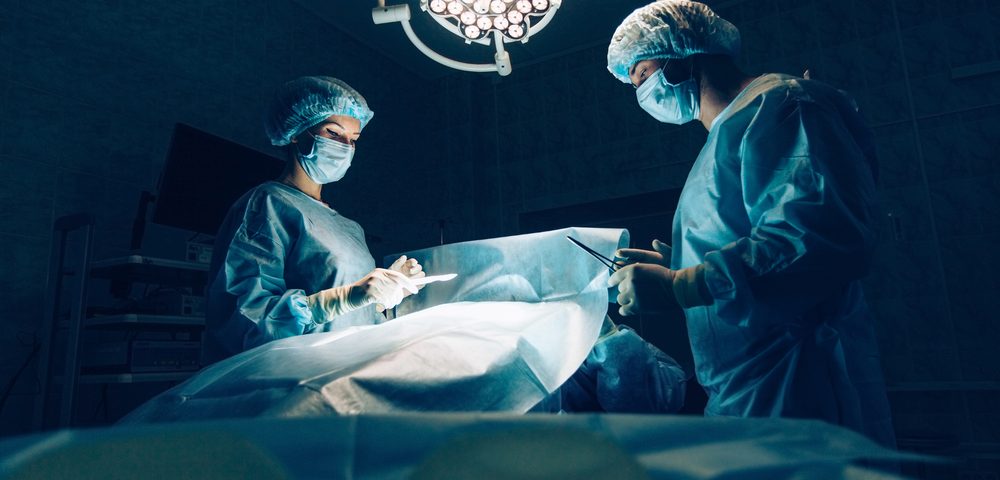The U.S. Food and Drug Administration has approved Faxitron‘s LOCalizer to help surgeons locate the breast cancer lesions they will remove.
Manufactured by Health Beacons, LOCalizer is a wireless radiofrequency identification device that helps surgeons locate non-palpable breast lesions with more precision than traditional methods. A non-palpable lesion is one that cannot be felt or does not form a discrete mass.
“As the industry gets better at detecting smaller breast lesions, we must establish a new gold standard for breast lesion localization,” Donogh O’Driscoll, chief operating officer of Faxitron, said in a press release. “LOCalizer could be the breakthrough needed to make lumpectomies and breast biopsies safer, more efficient and a better experience for both providers and patients. For more than half a century, our dedication to advancing breast health has been unwavering, and we’re honored to once again pave the way for a higher standard of care.”
Thanks to advancements in imaging and more thorough screening, breast cancer is caught earlier these days. About half of all breast tumors are non-palpable, which makes it difficult for surgeons to use touch to locate them for removal.
Traditional methods for locating small non-palpable tumors involve using wires or radioactive seeds. But such techniques have complex regulations, and wires can go off target during surgery. These methods are also stressful for patients.
LOCalizer uses a non-radioactive proprietary tag that is encased in a sheath to prevent it from going off target and damaging other tissue. The tags are implanted in the breast up to 30 days before surgery using a needle guided by ultrasound or X-ray.
The LOCalizer has two detection probes. The first is used on the surface of the skin. It provides surgeons with the distance from the skin to the tag so they can plan their surgical path. The second is a sterile surgical probe the size of a pencil that guides the surgeon toward the tag during the operation.
As the probe gets closer to the tag, a handheld reader beeps and instantaneously displays the distance from the probe to the tag in millimeters.
“The most exciting aspect of the LOCalizer technology is being able to accurately measure the distance to the target lesion, something we haven’t been able to do with other localization methods,” said Dr. Christine Dauphine, director of the Breast Clinic at Harbor-UCLA Medical Center in Los Angeles. “Our team was able to experience the LOCalizer system first-hand in the operating room, and we were thrilled by the prospect of providing patients with a localization method that, by design, could avoid the anxiety of having additional procedures on the day of surgery.”
Leading cancer institutions have agreed to compare the LOCalizer with other breast lesion localization methods, Faxitron said.

